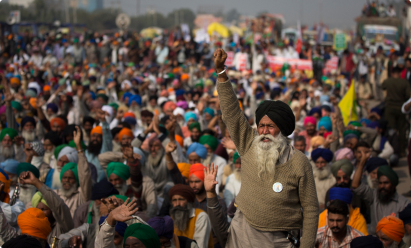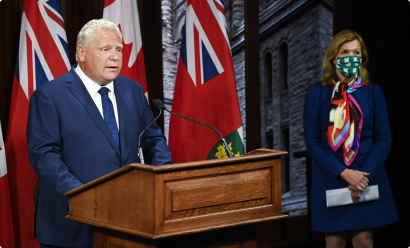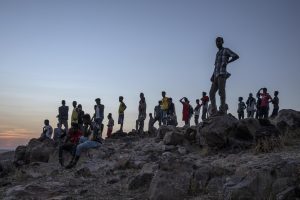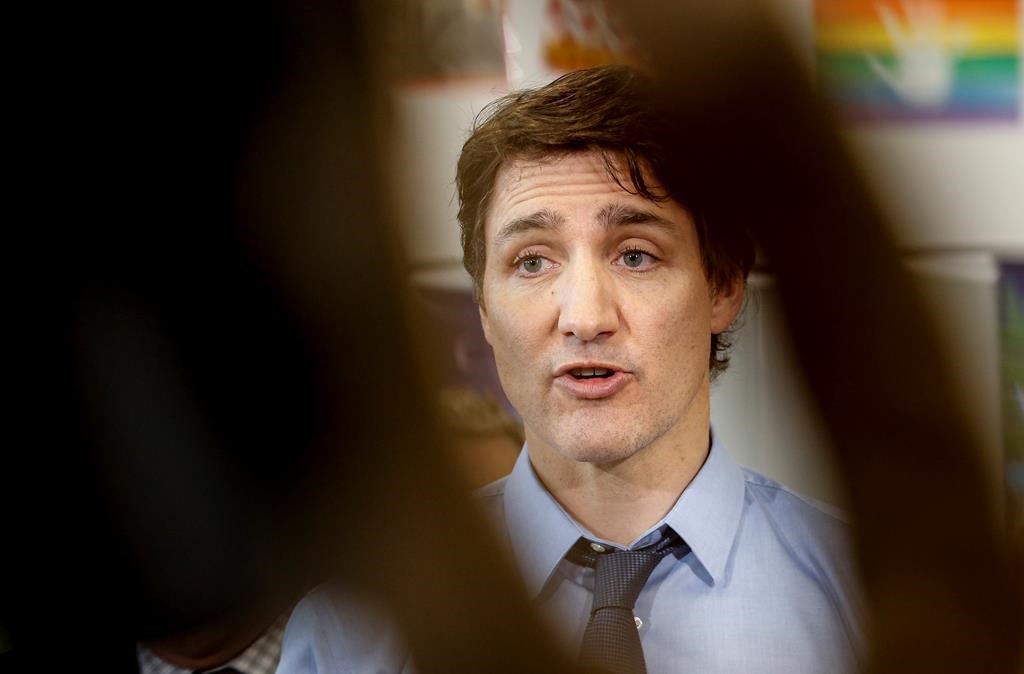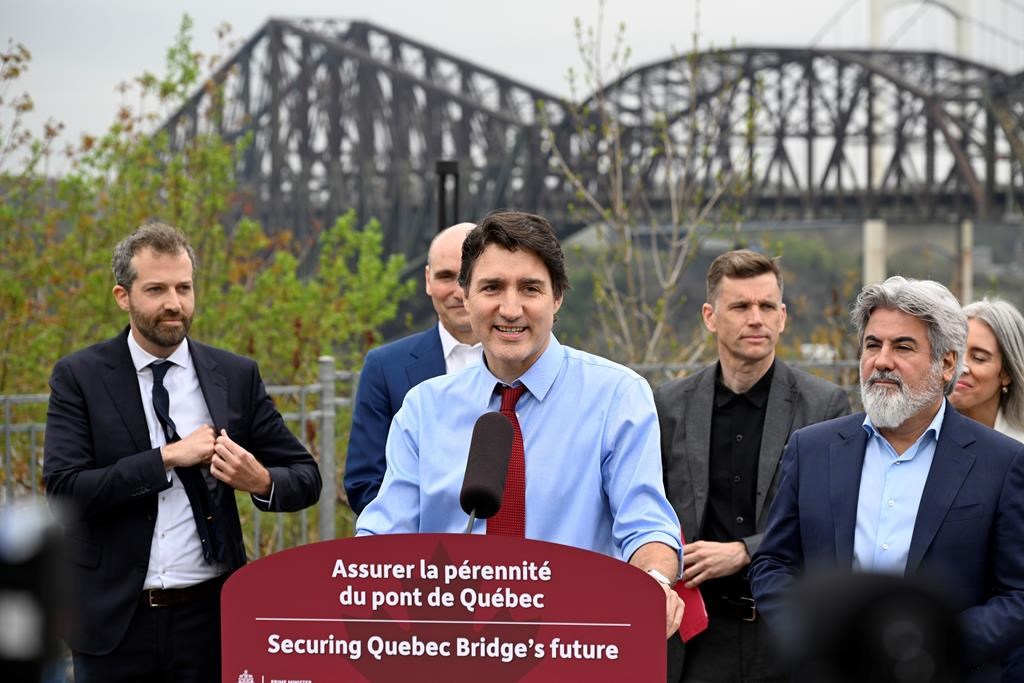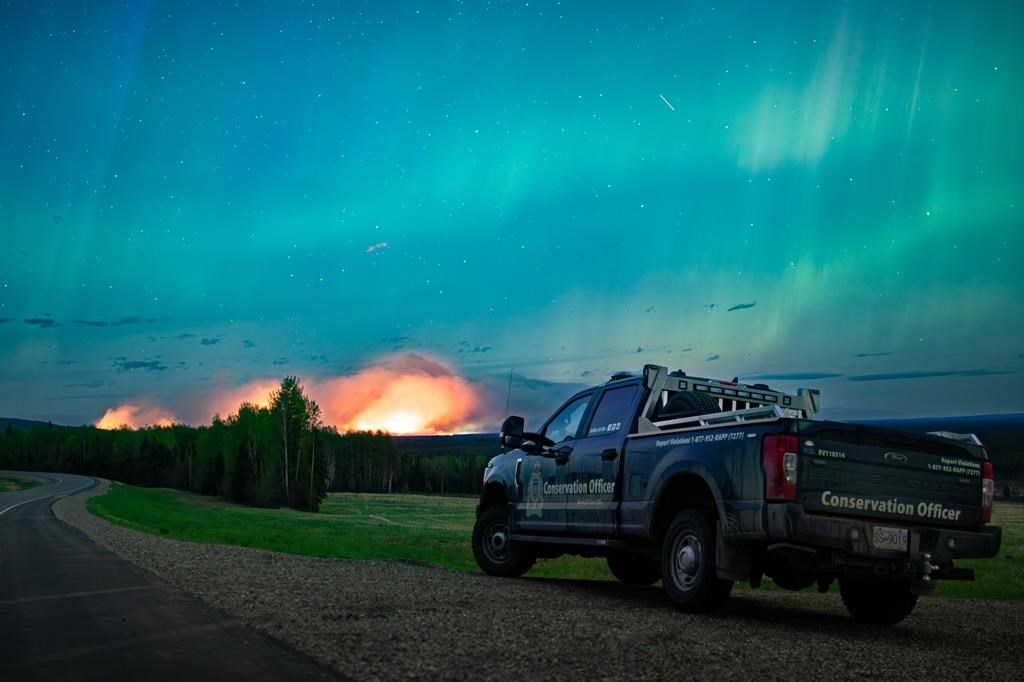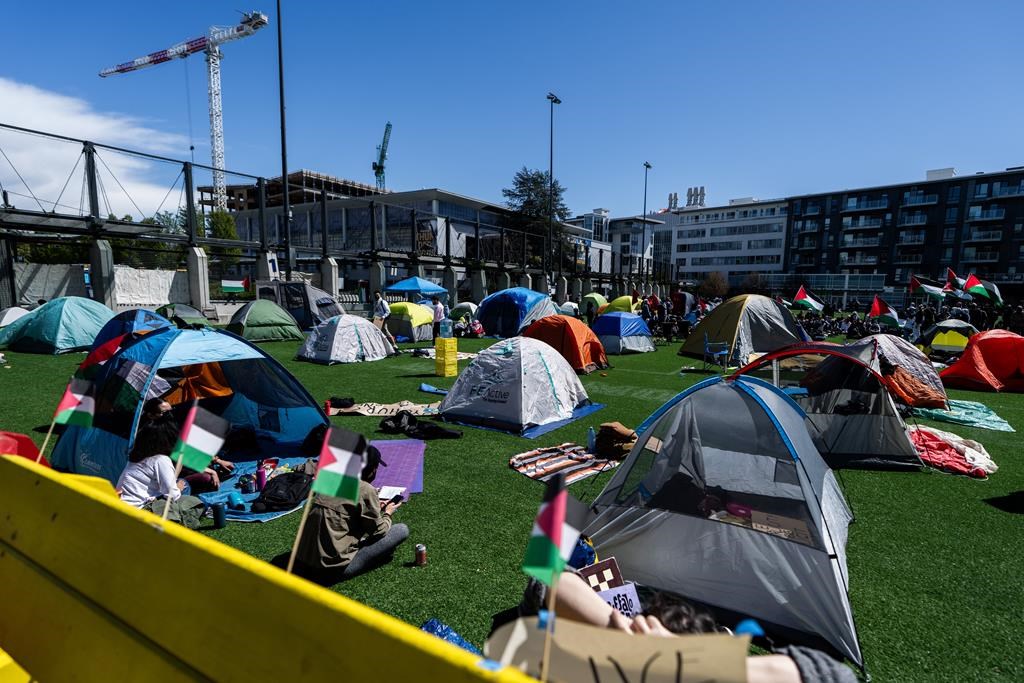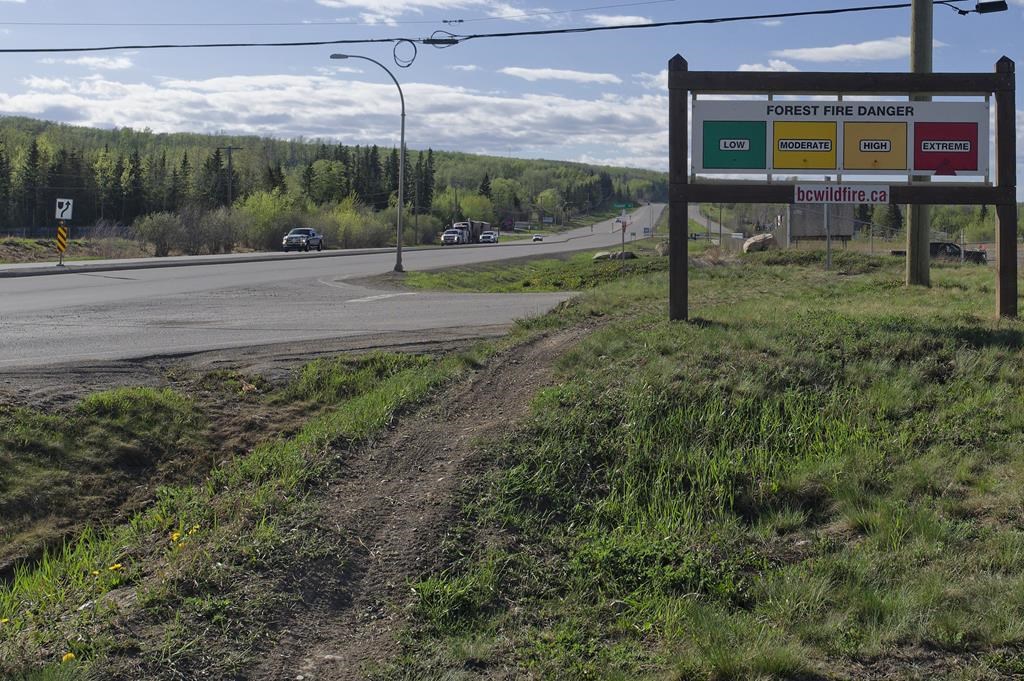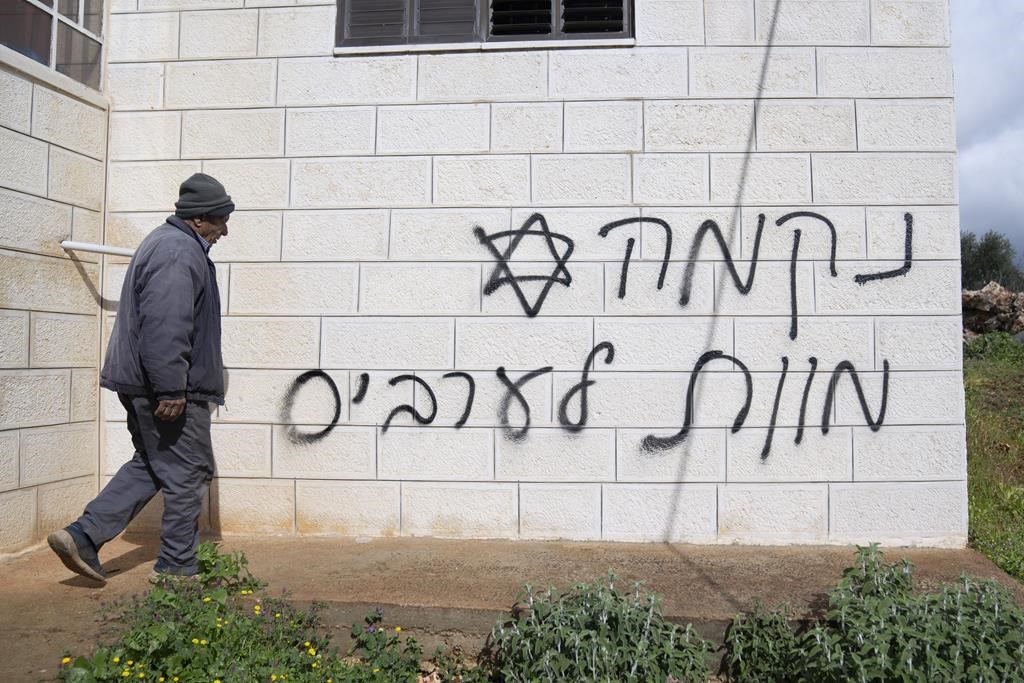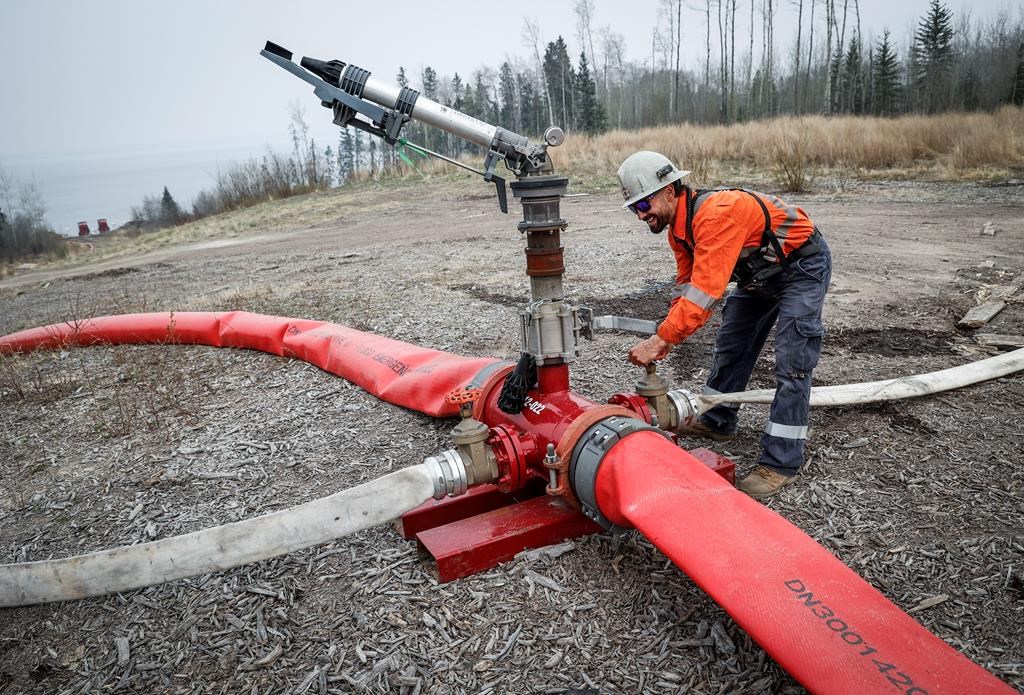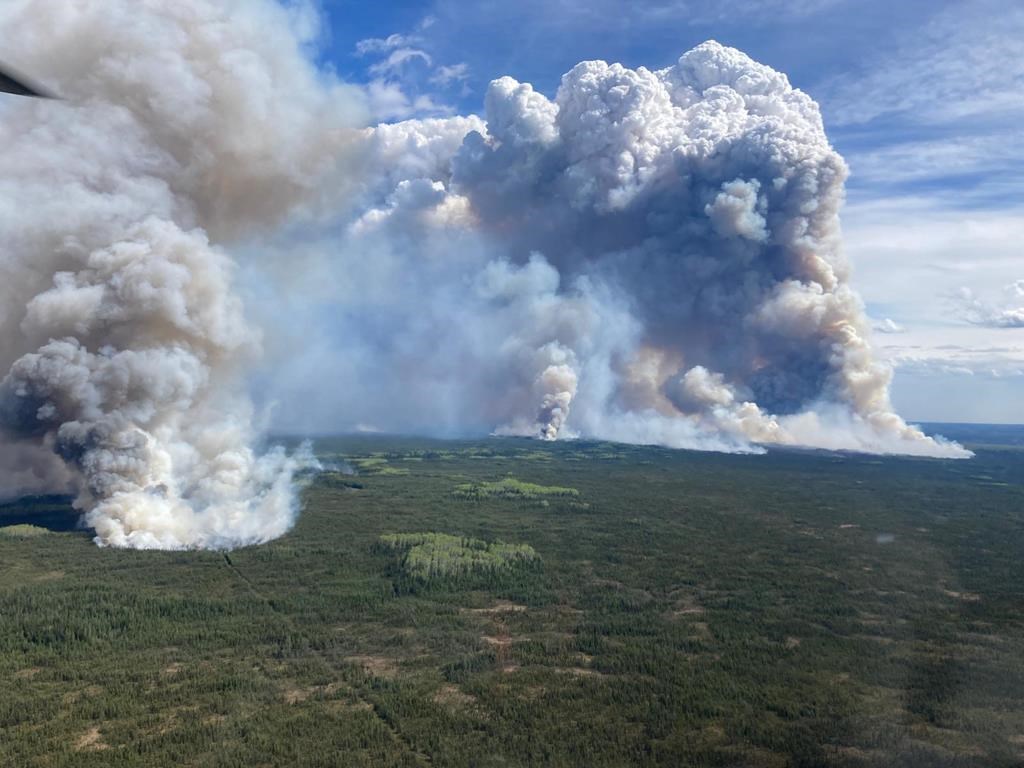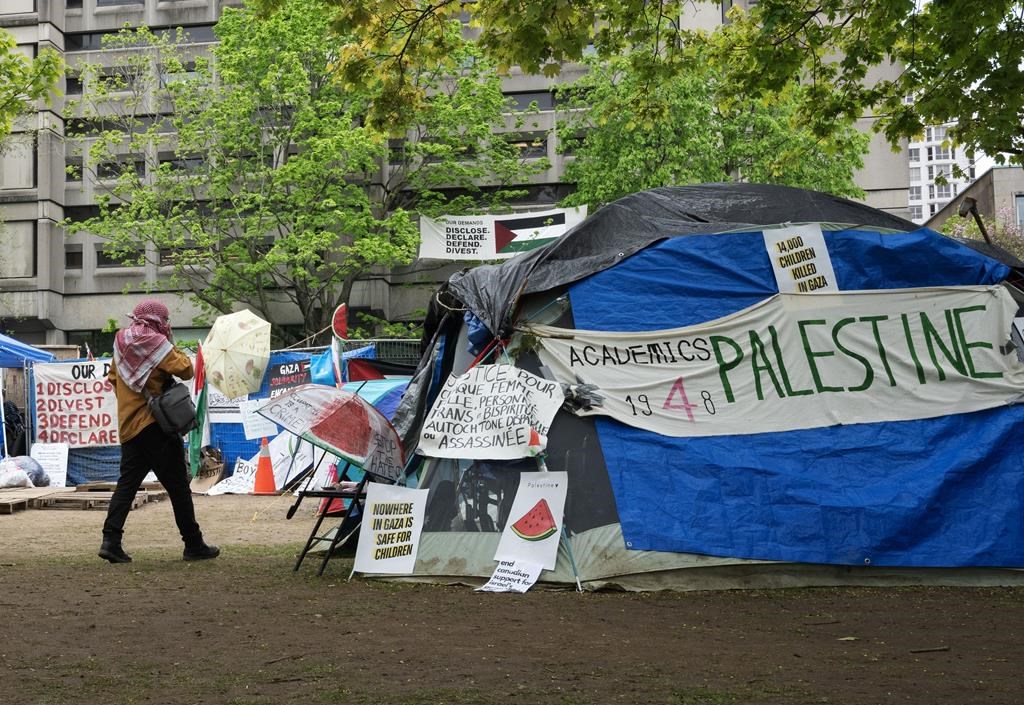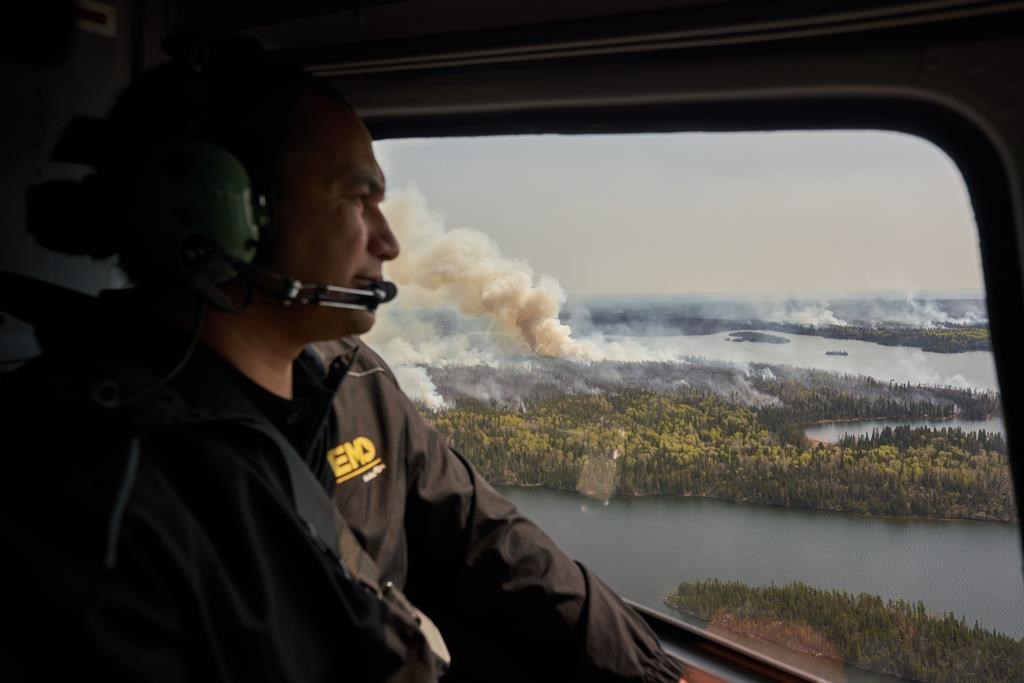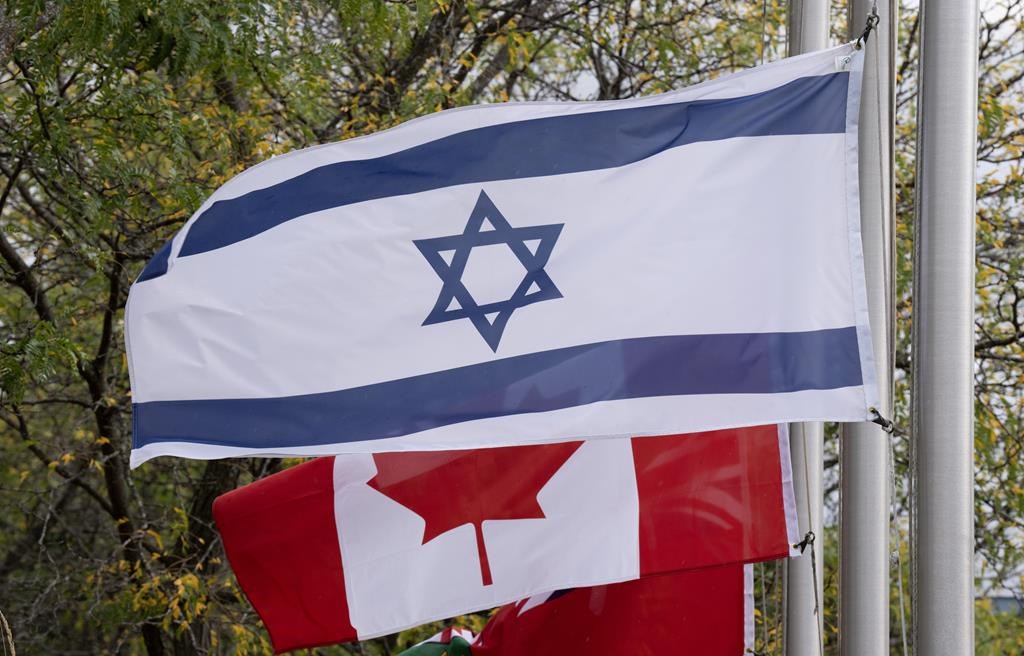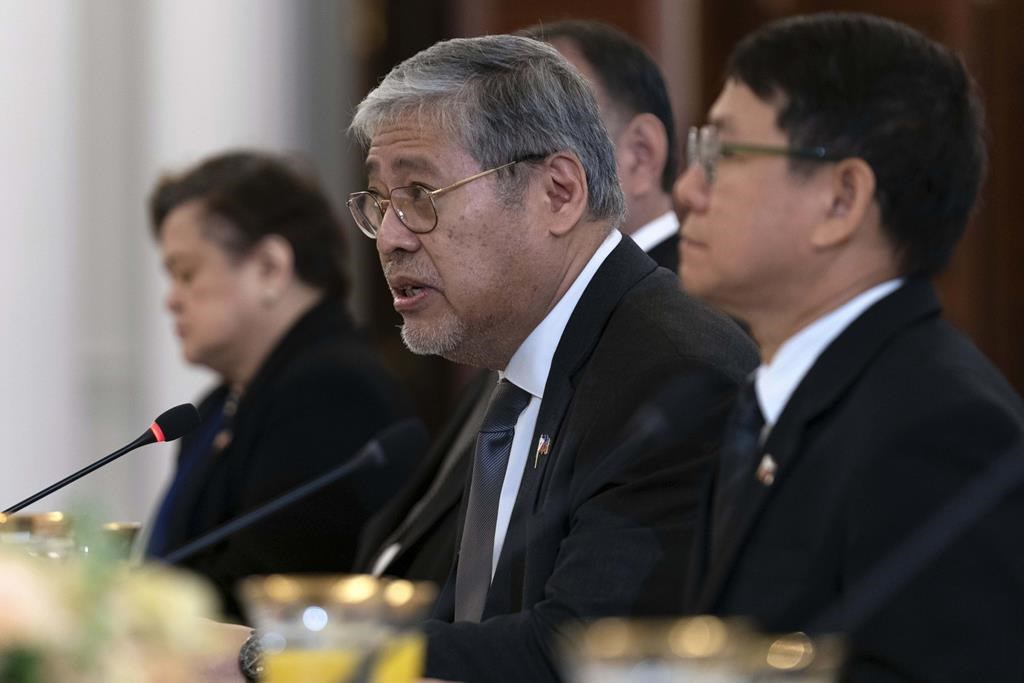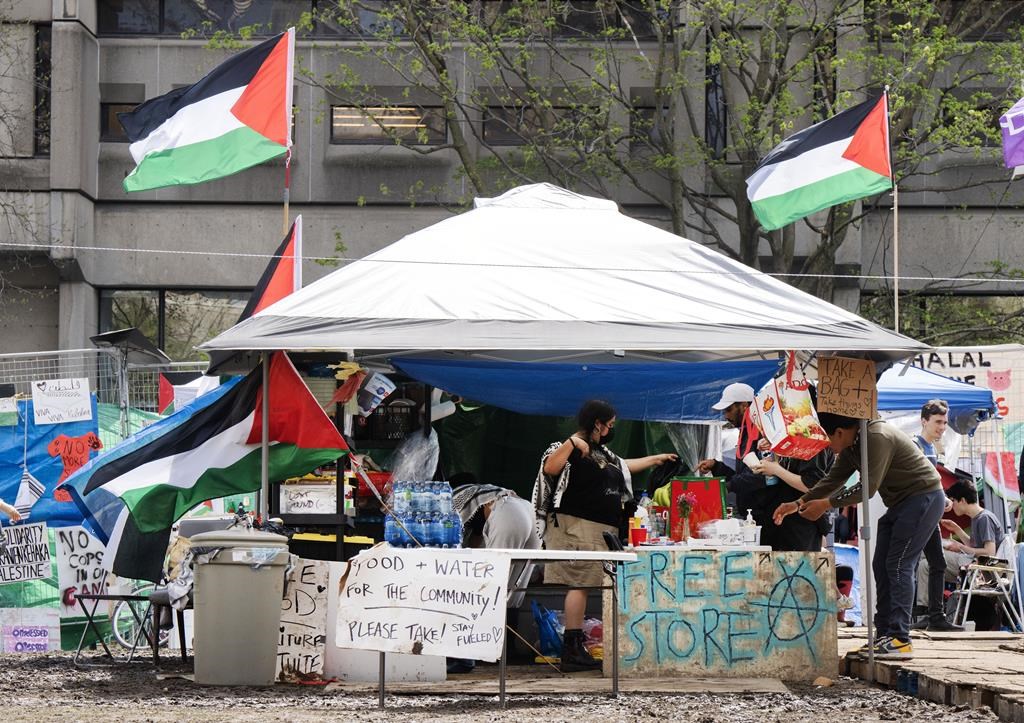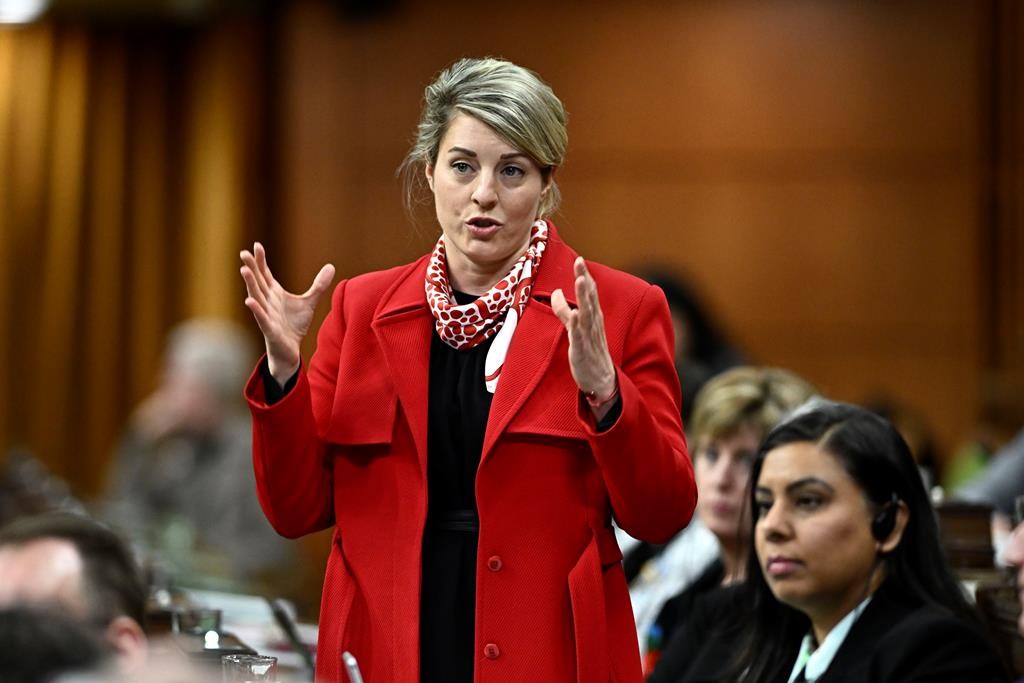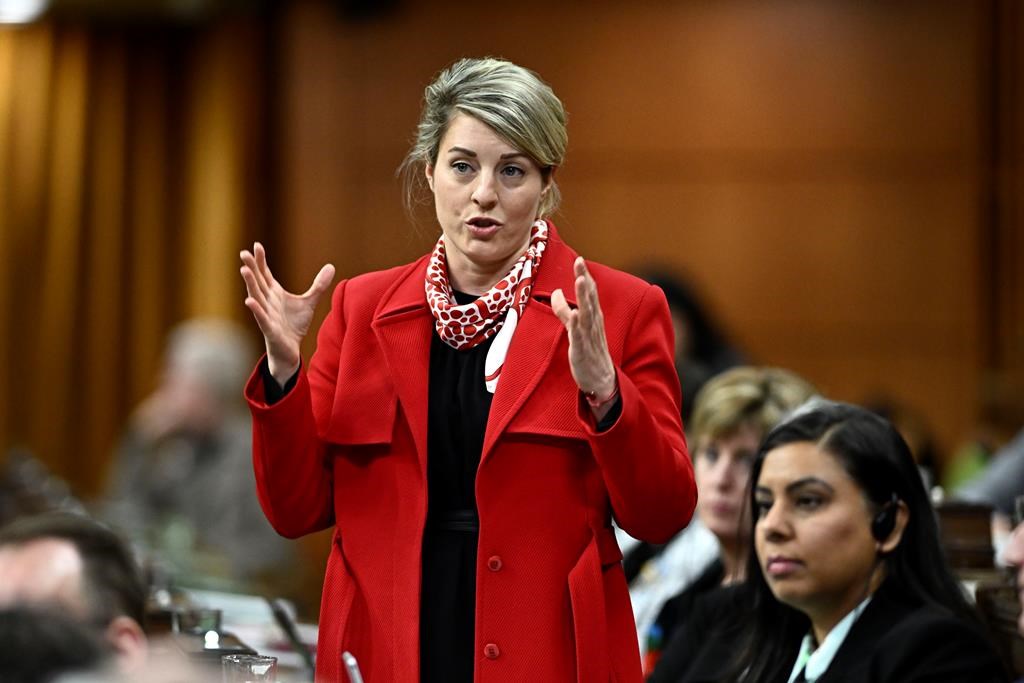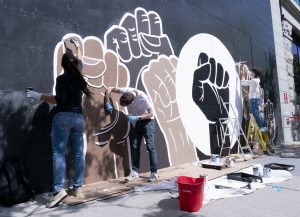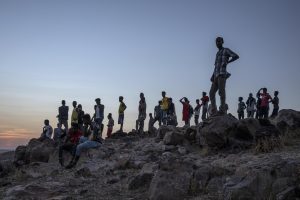
A delayed election, heightened political tensions and an ongoing power struggle have sparked a humanitarian crisis in Ethiopia that has drawn the attention of foreign leaders and aid agencies.
Civil unrest and violent warfare has erupted in the country’s Tigray region. While the origin of the conflict pre-dates current events, the ongoing COVID-19 pandemic made a dire situation even worse, forcing thousands of residents to flee the country.
BACKGROUND
Ethiopia is a country divided into several regions loosely based around different ethno-linguistic groups. Tigray, located in the northern part of the country, is led by the political party Tigray People’s Liberation Front (TPLF). Representing an ethnic minority making up just 6 per cent of Ethiopia’s population, the TPLF were able to rebel against the ruling class in 1991. They also introduced a coalition of smaller parties (Ethiopian People’s Revolutionary Democratic Front) which would rule Ethiopia for nearly 30 years afterwards.
Following months of protests against their harsh rule , the TPLF’s tenure ended when current Prime Minister Abiy Ahmed was elected in 2018. Ahmed wasted no time once in power, removing multiple TPLF leaders from their positions in government, freeing political prisoners and allowing opposition parties to operate.
Ahmed was Ethiopia’s youngest leader at the age of 44, he made history by winning the Nobel Peace Prize in 2019 for brokering a peace with neighbouring Eritrea – a country the TPLF had been warring with for decades. The new prime minister also disbanded the old governing coalition to create a new unified ‘Prosperity Party’. The TPLF saw this as a power grab by Ahmed and pulled out of the group a year later.
View this post on Instagram
CURRENT CONFLICT
With COVID-19 cases rising across Africa, Ahmed called for all elections in the country to be postponed during the pandemic. In Tigray, the TPLF decided to move forward with theirs anyway, adding that they didn’t recognize Ahmed as a legitimate leader and saw the delayed election as a way for him to extend his stay in office. The prime minister denounced the vote in retaliation, calling the election illegal.
Though isolated incidents have been reported over the past few months, conflict truly erupted on November 4th after Ahmed announced he was sending troops to Tigray in response to an alleged deadly attack on a military base by TPLF forces.
That action has triggered a chain of violence from both sides, with the Ethiopian government carrying out airstrikes in the Tigray capital, Mekele, and the TPLF launching rocket attacks of their own.
On November 17th, Ahmed declared “”the final and crucial” military operation against the TPLF, which Ethiopian officials say should be concluding in the coming days.
in late November, Ethiopia’s military warned civilians in the area that there would be “no mercy” if they don’t “save themselves” before the attack.
In a phone interview with the Associated Press, Ethiopian Minister of democratization Zadig Abraha said, “we are marching to Mekele to capture those criminal elements…this will be a very brief operation.”
At this time, both Ahmed’s government and the TPLF consider each other illegitimate.
HUMANITARIAN CRISIS
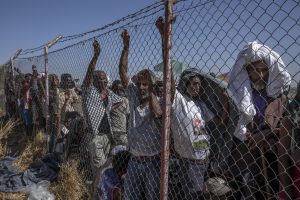
On November 4th, the Ethiopian government blocked internet access, cut electricity, shutdown the local airport and set-up barricades along major roadways in the region.
“The decision to send the military not only signals an escalation in tensions between the federal government and Tigray regional authorities, but also puts many lives at risk and threatens a downward spiral for human rights in Ethiopia,” said Deprose Muchena, Amnesty International’s Director for East and Southern Africa.
According to the International Committee of the Red Cross (ICRC), Tigray capital city Mekele is suffering from a limited supply of water, hospital beds and other care essentials.
Hospitals and primary health-care facilities in northern Ethiopia, in and around areas that have seen intense fighting, are in urgent need of medical supplies.
???? is what we are doing to help pic.twitter.com/QaME88qs50
— ICRC Africa (@ICRC_Africa) November 23, 2020
Humanitarian groups are also concerned with food insecurity, as the region continues to struggle against the worst locust outbreak the area has seen in decades. Aid trucks with food, fuel and medical supplies have reportedly been unable to pass through the region’s borders as well.
That shutdown has also made it difficult to confirm exactly what’s happened in Tigray since, raising alarm bells for Amnesty International, the United Nations and other non-profit organizations operating in the region.
In an attempt to escape the fighting, waves of refugees have fled to other regions and neighbouring countries. According to the United Nations Office for the Coordination of Humanitarian Affairs, more 1 million people have now been displaced, with 41,000 Ethiopians in Sudan alone, burdening villages that don’t have much to give.
U.N. refugee spokesperson Babar Baloch told reporters in Geneva, “it’s a huge number in a matter of days…It overwhelms the whole system”.
Recent reports from the Associated Press now say the number of people crossing the border into Sudan has slowed dramatically, a potential sign that they are being stopped from leaving. Ethiopia’s government has yet to comment on that.
In the meantime, fighting continues between both groups. After visiting health centers in both Tigray and Amhara regions of Ethiopia, the ICRC said hundreds of wounded people have been flooding hospitals, with large numbers of them critically injured.
ICRC deputy head of delegation Daniel O’Malley detailed the seemingly-endless stream of injured people in an interview with the Associated Press.
“At the beginning, most of the wounded were fighters. As days went ahead, we started seeing more wounded civilians exiting [the Tigray region]”, O’Malley said.
Officials worry conflict in Ethiopia (typically a peaceful stronghold for humanitarian efforts in Africa) will spill over into other countries.
ETHNIC TARGETING
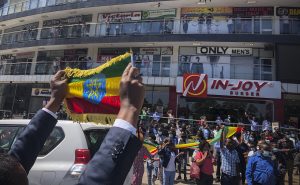
Global leaders and humanitarian groups are highlighting the growing threat of ethnic targeting in Ethiopia.
Numerous civilians were reportedly “hacked to death” in the town of Mai-Kadra earlier this month, with Amnesty International citing a man helping to clear away bodies as saying many of the dead were ethnic Amharas.
The TPLF denied the allegations, but prime minister Abiy Ahmed continues to blame the massacre on forces loyal to the Tigray region’s government.
That incident is just one of many in a worrying trend of armed attacks against minority groups in the region.
“This senseless attack is the latest in a series of killings in the country in which members of ethnic minorities have been deliberately targeted,” Amnesty International’s Muchena said.
The U.N. office on genocide prevention has condemned reports of “targeted attacks against civilians based on their ethnicity or religion” in Ethiopia, warning that the rhetoric sets a “dangerous trajectory that heightens the risk of genocide, war crimes, ethnic cleansing and crimes against humanity.”
https://twitter.com/UNHumanRights/status/1327238714112741376?s=20
The Ethiopian Human Rights Commission said they visited 43 people in police custody in the country’s capital, Addis Ababa. In a statement, the EHRC said “some of the detained have reported that they have been arrested only because of their ethnicity.”
CALLS FOR MEDIATION
World leaders are calling for a peaceful resolution, hoping to put an end to the violence by facilitating a moderated talk between the TPLF and the Ethiopian government.
“We urge all parties to protect civilians and ensure that human rights, humanitarian access, and international law are respected, and for a peaceful resolution to be sought by all parties, said Canada’s foreign affairs minister François-Philippe Champagne.
“Canada also condemns the recent attacks on civilian targets in Eritrea by the Tigray People’s Liberation Front. These attacks threaten to escalate an already severe conflict, causing further loss of life and the displacement of individuals and families.”
Ethiopia’s Ahmed has maintained that talk won’t work in this situation, saying a failure to maintain law and order in Tigray would “nurture a culture of impunity with devastating cost to the survival of the country”.
